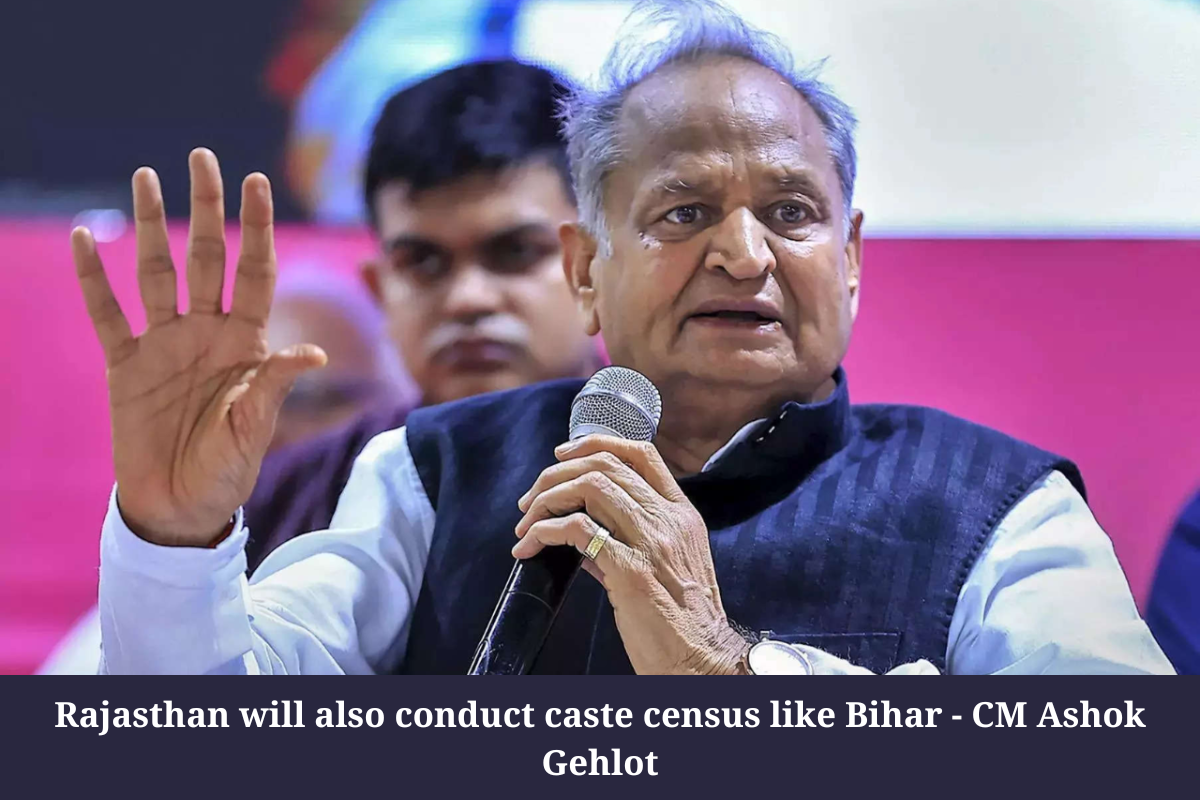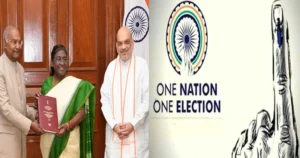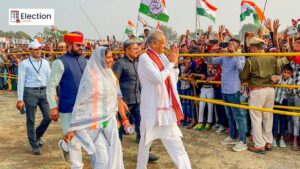Rajasthan to Conduct Caste Census Like Bihar: What It Means and Why It Matters
On October 6, 2023, Rajasthan Chief Minister Ashok Gehlot announced that the state government will conduct a caste census, like the one recently conducted in Bihar. This is a significant development, as it is the first time in over a century that a caste census will be conducted in India.
The decision to conduct a caste census has been met with mixed reactions. Some people have welcomed the move, arguing that it will provide much-needed data on the social composition of the state. This data can then be used to design and implement more effective social justice policies and programs.
Others have criticized the decision, arguing that it is divisive and will promote casteism. They also worry that the data collected could be misused.
However, it is important to note that the caste census is not a new idea. It was first proposed in the 1930s, and has been demanded by various social justice groups for decades. The Supreme Court of India has also upheld the right of the government to conduct a caste census.
The caste census is expected to provide accurate data on the population of various castes and social groups in Rajasthan. This data will be invaluable for the government in designing and implementing policies and programs that benefit all sections of society.
Read More : The Rajasthan government Announced Caste Survey
Why is a caste census important?
There are several reasons why a caste census is important. First, it will provide accurate data on the population of various castes and social groups in Rajasthan. This data is currently unavailable, as the last caste census was conducted in 1931.
Second, the caste census data will help the government to identify and address the needs of marginalized and disadvantaged groups. For example, the data can be used to identify areas where there is a shortage of schools, hospitals, and other essential services for Scheduled Castes and Scheduled Tribes.
Third, the caste census data can be used to design and implement more effective social justice policies and programs. For example, the data can be used to determine the number of seats that should be reserved for Scheduled Castes and Scheduled Tribes in elected bodies and government jobs.
Benefits of a caste census
A caste census can have several benefits for Rajasthan. First, it will help the government to better understand the social composition of the state and to identify the needs of marginalized and disadvantaged groups. This data can then be used to design and implement more effective social justice policies and programs.
Second, a caste census can help to promote social harmony and inclusion. By understanding the different castes and social groups in Rajasthan, the government can promote dialogue and understanding between them. This can help to reduce caste-based discrimination and violence.
Third, a caste census can help to empower marginalized and disadvantaged groups. By having accurate data on the population of different castes and social groups, the government can better target its programs and services to these groups. This can help to improve their access to education, healthcare, employment, and other essential services.
Challenges of a caste census
There are some challenges that Rajasthan may face in conducting a caste census. One challenge is the potential for misuse of the data. The data collected in the caste census could be used to discriminate against certain castes and social groups. It is important for the government to take steps to ensure that the data is used in a fair and transparent manner.
Another challenge is the potential for social unrest. The caste census may bring to the surface latent caste tensions and divisions. It is important for the government to handle the caste census process carefully and sensitively to avoid any social unrest.
Conclusion
The decision of the Rajasthan government to conduct a caste census is a welcome one. A caste census will provide much-needed data on the social composition of the state and will help the government to design and implement more effective social justice policies and programs.
The government must take steps to ensure that the caste census data is used in a fair and transparent manner, and that the census process is conducted carefully and sensitively to avoid any social unrest.
In addition to the benefits and challenges mentioned above, there are a few other things to consider about the Rajasthan caste census.
First, it is important to note that the caste census is not a magic bullet. It will not solve all of the social and economic problems faced by marginalized and disadvantaged groups. However, it is a necessary step towards achieving social justice.
Second, it is important to remember that caste is a complex and fluid concept. There is no single definition of caste, and people’s caste identities can change over time. The caste census should be designed in a way that takes into account this complexity.
Finally, the caste census should be conducted in a transparent and participatory manner. All stakeholders, including social justice groups, civil society organizations, and the general public, should be consulted in the design and implementation of the census.
The Rajasthan caste census has the potential to be a watershed moment in the state’s history






